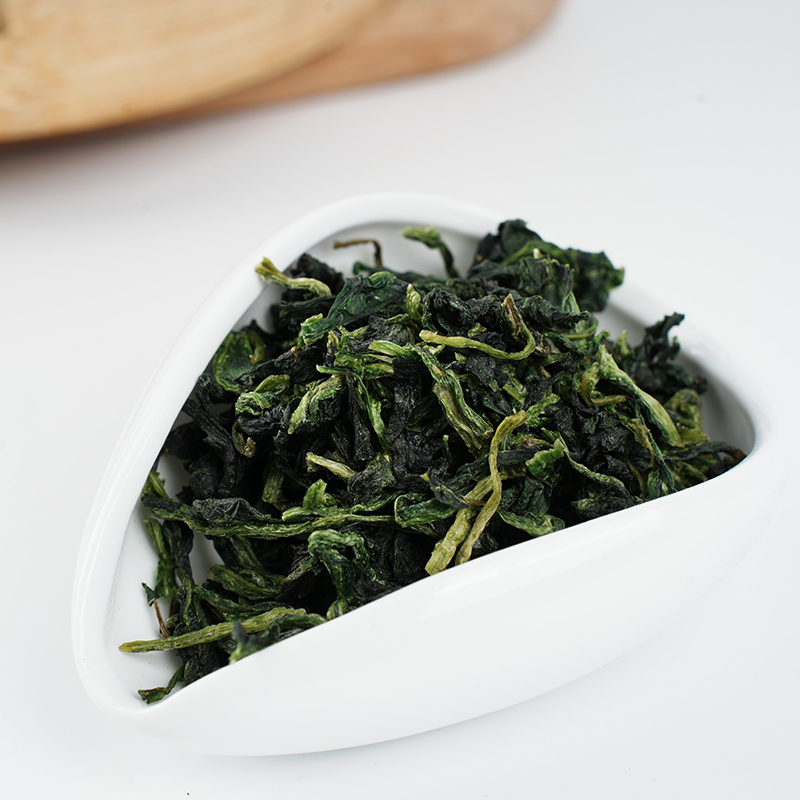Sustainability practices in the production of dehydrated spinach focus on reducing environmental impact, improving resource efficiency, and ensuring long-term agricultural viability. Here are some commonly implemented sustainability practices:
1. Sustainable Sourcing & Farming Practices
Crop Rotation & Soil Management: Rotating crops to maintain soil fertility and prevent nutrient depletion.
Organic & Pesticide-Free Cultivation: Using natural pest control methods and reducing synthetic pesticides to minimize soil and water contamination.
Efficient Water Management: Implementing drip irrigation or rainwater harvesting to reduce water usage and prevent over-irrigation.
2. Energy-Efficient Drying Processes
Use of Renewable Energy: Utilizing solar or biomass energy for dehydration to lower carbon emissions.
Optimized Drying Techniques: Employing energy-efficient drying technologies like low-temperature air drying or vacuum drying to reduce energy consumption.
Heat Recovery Systems: Capturing and reusing waste heat from the drying process to improve energy efficiency.

3. Waste Reduction & Byproduct Utilization
Recycling Spinach Waste: Repurposing stems and trimmings for compost, animal feed, or bio-based fertilizers.
Minimizing Production Waste: Improving processing efficiency to reduce raw material loss and enhance yield.
Water Reuse & Treatment: Treating and reusing water used in washing and processing to minimize wastewater discharge.
4. Sustainable Packaging & Storage
Eco-Friendly Packaging Materials: Using biodegradable, recyclable, or compostable packaging to reduce plastic waste.
Optimized Storage Conditions: Maintaining proper humidity and temperature controls to extend shelf life and reduce food waste.
5. Supply Chain Sustainability & Carbon Footprint Reduction
Local Sourcing & Shorter Transport Routes: Reducing transportation emissions by sourcing spinach from nearby farms.
Eco-Friendly Logistics: Using energy-efficient transportation methods and optimizing delivery schedules to lower fuel consumption.
Certifications & Compliance: Adhering to sustainability standards like Global GAP, USDA Organic, or Fair Trade to ensure responsible production practices.

 English
English 中文简体
中文简体





 Xinqian Village (Dehydrated Fruit and Vegetable Industrial Park), Duotian Street, Xinghua City, Taizhou City, Jiangsu Province, China
Xinqian Village (Dehydrated Fruit and Vegetable Industrial Park), Duotian Street, Xinghua City, Taizhou City, Jiangsu Province, China +86-13852647168
+86-13852647168
